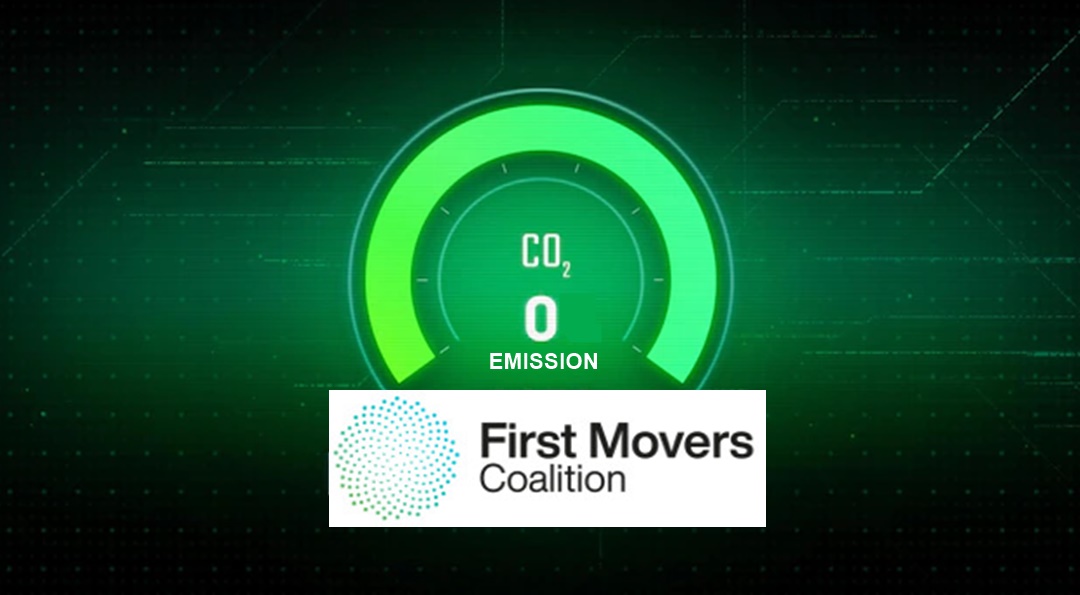

During the World Economic Forum conference in Davos last month, the First Movers Coalition (FMC) announced a pledge for buyers of low carbon and recycled aluminium. The FMC mainly focuses on the seven most difficult to abate industrial sectors like aluminium, aviation, chemicals, concrete, shipping, steel, and trucking, as well as the advancement of Carbon Removal technology, which accounts for 30 per cent of the worldwide GHG emissions.

FMC signatories are also asked to take on an optional commitment to purchase at least 50 per cent of all aluminium from recycled sources by 2030, in addition to the basic commitment to purchase aluminium. This is in line with the increase from 33 per cent necessary today to the world average by 2050 for the whole industry under a 1.5-degree scenario.
To achieve net-zero emissions globally by 2050, it is necessary for technologies that are not yet competitive with current carbon-intensive solutions to be commercialised by 2030. This initiative seeks to effect change by securing corporate purchasing pledges for low-carbon materials and services. The coalition, established by US Vice President Biden and the World Economic Forum at COP26, now includes more than 50 businesses with a combined market value of almost $8.5 trillion and nine countries, representing more than 40 per cent of the global GDP.

The First Movers Coalition and the ASI Certification programme both acknowledge and promote the crucial parts that supply chain drivers play in transforming industries toward sustainability. It will be fascinating to observe how the industries that consume aluminium contribute to the upstream industry's need for technical transformation through improved product design, scrap collecting, sorting, and resource recovery.
According to the FMC, low carbon primary aluminium is defined as having an overall carbon footprint from cradle to gate of less than 3 tonnes of CO2e per tonne of aluminium (mine to casthouse, excluding scrap input). This value can't be attained by any electrolytic aluminium that is now on the market, thus, the FMC is working to hasten the development of cutting-edge technology, as well as a fully decarbonized power supply. These technologies include mechanical vapour recompression (MVR) in alumina refining, inert anodes, CCUS (carbon capture use and storage), green hydrogen, and inert anodes.
Apple, Ball Corporation, Novelis, and Trafigura, members of the Aluminum Suppliers Institute (ASI), have joined Ford Motor Company and Volvo Group in committing to source at least 10 per cent (by mass) of the primary aluminium they purchase each year as low-carbon aluminium by 2030.
Responses








